About
Live from the U.S. Space & Rocket CenterInteract
Kahoot!
Quizizz:
Flipgrid:
Are you worthy of a trip to Mars?! While we may not be quite ready for humans to make the trip, it seems we're getting closer every day! You'll have 1 and 1/2 minutes to state your case for why YOU should be selected to go on the first mission to Mars. Will you make incredible discoveries? Are you a space enthusiast? Convince NASA they should take you in this response. Explore now!
Discussion Questions (These are the questions in the Kahoot and Quizizz, if you prefer to use them without the interactives.)
- What kind of rocket carried NASA astronauts to the moon? Who designed the rocket?
- What is the International Space Station, and what year was it completed?
- What does SLS stand for, and why does the SLS have three flight computers?
For additional educational resources visit these sites:
NASA Kids Club– a place to play games and learn about NASA
NASA Knows for Grades K-4- NASA has the answers to your questions about airplanes, astronauts, rockets, planets and more!
NASA Knows for Grades 5-8- NASA has the answers to your questions about airplanes, astronauts, rockets, planets and more!
NASA Career Corner for Grades 5-8– A resource for students who are interested in a future career working for NASA
NASA websites from A-Z - An alphabetized list of websites for students from Kindergarten to 8thgrade
NASA Knows for Grades 9-12– Opportunities, Programs, and Projects for High School Students
NASA STEM Engagement- tools for young Americans and educators to learn and succeed.
STEM Activity and Toolkit Page- Launch rockets, build robots, explore your world and beyond! Our projects, toolkit and contests will take you into space without ever leaving Earth. Grades K-12
NASA Opportunities for Students in Higher Education
History and Overview of the NASA program in Alabama
Sponsors
Mission Control: Human Spaceflight is produced in partnership with:
U.S. Space & Rocket Center
Mission Control: Human Spaceflight is made possible through the generous support of:
Alabama Bicentennial Commission
Daniel Foundation of Alabama
Wells Fargo
The Malone Family Foundation
Robert Meyer Foundation





Follow Us